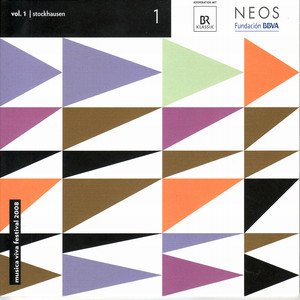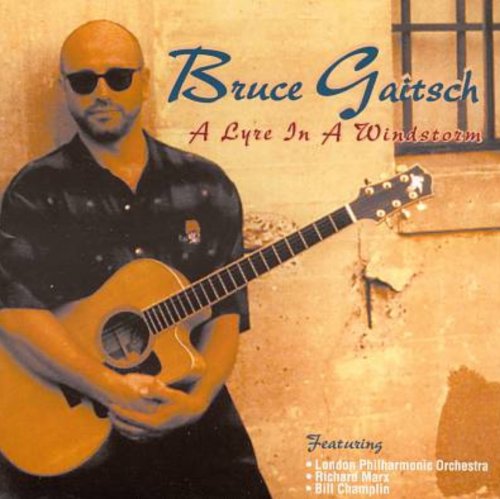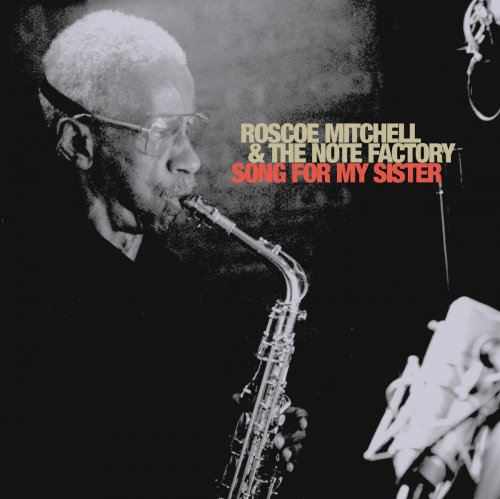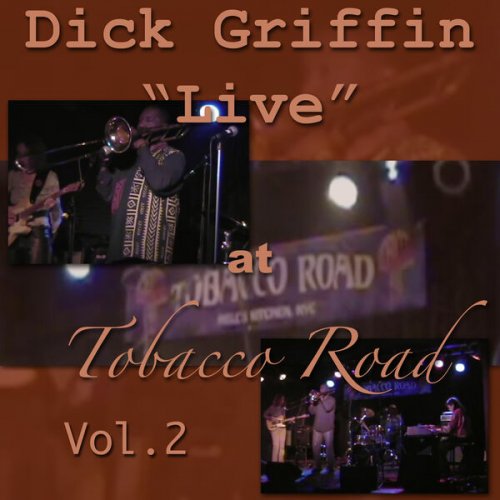VA - Karlheinz Stockhausen: Mixtur 2003 (2015) [Hi-Res]

Artist: VA
Title: Karlheinz Stockhausen: Mixtur 2003
Year Of Release: 2015
Label: Stockhausen Verlag
Genre: Classical
Quality: 24bit-48kHz FLAC (tracks)
Total Time: 57:00
Total Size: 539 MB
WebSite: Album Preview
Tracklist:Title: Karlheinz Stockhausen: Mixtur 2003
Year Of Release: 2015
Label: Stockhausen Verlag
Genre: Classical
Quality: 24bit-48kHz FLAC (tracks)
Total Time: 57:00
Total Size: 539 MB
WebSite: Album Preview
01. Mixtur 2003: Vorwärtsversion (28:53)
02. Mixtur 2003: Rückwärtsversion (28:07)
Mixtur, for orchestra, 4 sine-wave generators, and 4 ring modulators, is an orchestral composition by the German composer Karlheinz Stockhausen, written in 1964, and is Nr. 16 in his catalogue of works. It exists in three versions: the original version for full orchestra, a reduced scoring made in 1967 (Nr. 16½), and a re-notated version of the reduced scoring, made in 2003 and titled Mixtur 2003, Nr. 16⅔.
Beginning in the late 1990s, Stockhausen revised a number of his earlier aleatoric scores, making versions in which the details were worked out and fixed in conventional notation. The last of these was Mixtur, reworked in 2003. In several moments of the original version, the players choose what they play from a selection of written material. Mixtur 2003 eliminates such indeterminacy by completely writing out all the parts. The overall form is also fixed in the new version, which eliminates the movability of some moments permitted in the two previous versions. Many earlier performances had presented two different versions, usually the backwards version first, followed by the forwards version. The score of Mixtur 2003 is written out twice, first in the forwards and then in the backwards version. In a programme note Stockhausen characterised this back-and-forth motion as a metaphor for the interplay between life and death. The world premiere of the new version took place at the Salzburg Festival on 30 August 2006. Stockhausen was to have conducted (and had led the rehearsals in Berlin the previous June), but was forced to cancel because of an attack of sciatica, and his place was taken by Wolfgang Lischke. The performers were the Deutsche Symphonie-Orchester Berlin, with electronics by the Experimentalstudio für akustische Kunst Freiburg, supervised by André Richard.
Mixtur is an example of moment form, made up of twenty formal units called "moments", each of which is "recognizable by a personal and unmistakable character." It possesses at the same time a "polyvalent form", in which the components may be performed in different sequences, and incorporates elements of aleatory (called "variable form" by Stockhausen).
The orchestra is divided into five groups, each of a particular timbre: Holz (woodwinds), Blech (brass), Schlagzeug (percussion), Pizzicato (plucked strings), and Streicher (bowed strings) The sounds from each group except the percussion are picked up by microphones and ring modulated with sine tones, producing transformations of the natural timbres, microtonal pitch inflections, and—when the sine tone frequencies fall below about 16 Hz—rhythmic transformations as well. The division of the orchestra into five groups is decisive for the overall form of the composition. Each moment is given a name describing its overall character, a "central tone" (in a few cases, two consecutive central tones), a tone to be omitted (sometimes two tones), an overall duration, a proportion of silence, a "density" (number of orchestra groups participating), and a timbral mixture.
The duration unit is to be determined by the conductor, from between 40 and 60 beats per minute according to the score instructions for the kleine Beasetzung (the original, large-orchestra score specifies 50 to 60 beats per minute, but by 1971 Stockhausen favoured the slower tempo of 40). The twenty moments can be played in numerical order, ascending or descending. The former is referred to as the "forwards version", the latter as the "backwards version." The sequence of events within each moment, however, is the same in either version.
Beginning in the late 1990s, Stockhausen revised a number of his earlier aleatoric scores, making versions in which the details were worked out and fixed in conventional notation. The last of these was Mixtur, reworked in 2003. In several moments of the original version, the players choose what they play from a selection of written material. Mixtur 2003 eliminates such indeterminacy by completely writing out all the parts. The overall form is also fixed in the new version, which eliminates the movability of some moments permitted in the two previous versions. Many earlier performances had presented two different versions, usually the backwards version first, followed by the forwards version. The score of Mixtur 2003 is written out twice, first in the forwards and then in the backwards version. In a programme note Stockhausen characterised this back-and-forth motion as a metaphor for the interplay between life and death. The world premiere of the new version took place at the Salzburg Festival on 30 August 2006. Stockhausen was to have conducted (and had led the rehearsals in Berlin the previous June), but was forced to cancel because of an attack of sciatica, and his place was taken by Wolfgang Lischke. The performers were the Deutsche Symphonie-Orchester Berlin, with electronics by the Experimentalstudio für akustische Kunst Freiburg, supervised by André Richard.
Mixtur is an example of moment form, made up of twenty formal units called "moments", each of which is "recognizable by a personal and unmistakable character." It possesses at the same time a "polyvalent form", in which the components may be performed in different sequences, and incorporates elements of aleatory (called "variable form" by Stockhausen).
The orchestra is divided into five groups, each of a particular timbre: Holz (woodwinds), Blech (brass), Schlagzeug (percussion), Pizzicato (plucked strings), and Streicher (bowed strings) The sounds from each group except the percussion are picked up by microphones and ring modulated with sine tones, producing transformations of the natural timbres, microtonal pitch inflections, and—when the sine tone frequencies fall below about 16 Hz—rhythmic transformations as well. The division of the orchestra into five groups is decisive for the overall form of the composition. Each moment is given a name describing its overall character, a "central tone" (in a few cases, two consecutive central tones), a tone to be omitted (sometimes two tones), an overall duration, a proportion of silence, a "density" (number of orchestra groups participating), and a timbral mixture.
The duration unit is to be determined by the conductor, from between 40 and 60 beats per minute according to the score instructions for the kleine Beasetzung (the original, large-orchestra score specifies 50 to 60 beats per minute, but by 1971 Stockhausen favoured the slower tempo of 40). The twenty moments can be played in numerical order, ascending or descending. The former is referred to as the "forwards version", the latter as the "backwards version." The sequence of events within each moment, however, is the same in either version.
Download Link Isra.Cloud
Karlheinz Stockhausen Mixtur 2003.rar - 539.6 MB
Karlheinz Stockhausen Mixtur 2003.rar - 539.6 MB






![Antonio Farao - Kind of... Piano solo (2026) [Hi-Res] Antonio Farao - Kind of... Piano solo (2026) [Hi-Res]](https://www.dibpic.com/uploads/posts/2026-01/1767893895_cover.jpg)

